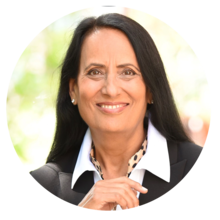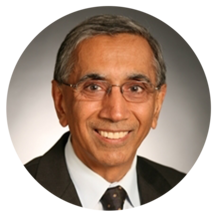About this Presentation
Research, carried out mainly in the period between the 1960s and 1980s, reported significant differences in the thinking styles of science and arts students. At this time university and school teaching was highly specialised and concern was expressed in the ongoing ‘two cultures’ debate (Snow, 1959).Considerable changes have taken place in the provision of education at all levels since this time, including changes in the role and culture of modern universities with a wider range of interdisciplinary degree modules; and the desire for students to keep their career options open, reflecting their uncertain employment future.In this study problem solving tests were completed by one hundred and sixteen participants recruited from a post-1992 university and equally balanced between arts and science undergraduate students. The tests covered convergent thinking, divergent thinking, preferred learning style and creative problem solving skills using examples of novel and imperfectly defined problems in the fields of management and public policy. This was followed by direct interviews with a selected sample to gain more textured insight into their contemporary educational experiences.The findings of this study were in marked contrast to earlier published results in that no differences were found in the problem solving skills of arts and science students. Differences were found in preferred learning styles but these were much smaller than reported previously. This research indicates that modern graduates are likely to have a more balanced educational profile than their specialised predecessors and examines possible causes.
What Will You Learn
To help you get the most value from this session, we’ve highlighted a few key points. These takeaways capture the main ideas and practical insights from the presentation, making it easier for you to review, reflect, and apply what you’ve learned.

Instructor(s)
Jennifer Eckman

Ms Alka Wadhwa
Alka Wadhwa is an experienced consultant and process improvement expert with over 24 years of expertise in the Theory of Constraints (TOC), Lean Six Sigma, and organizational performance optimization. She has successfully led projects in healthcare, financial services, and manufacturing, driving significant improvements such as a 67% boost in hospital operations and a 140% increase in outpatient visits.
Previously, Alka Wadhwa spent 17+ years at GE Global Research Center, where she led initiatives to enhance various GE businesses through advanced technologies, process redesign, and system optimization. Founder of Better Solutions Consulting, LLC, she specializes in using TOC, Six Sigma, and data analytics to streamline operations and build high-performance teams.
Her work has earned her multiple accolades, including the Empire State Award of Excellence in healthcare.

Dr Gary Wadhwa
Dr. Gary Wadhwa is a Board Certified Oral & Maxillofacial Surgeon with extensive experience in the field. He completed his Oral & Maxillofacial Surgery training at Montefiore Hospital, Albert Einstein College of Medicine in Bronx, NY, and has served as an Attending at prestigious institutions like St. Peters Hospitals, Ellis Hospital, and Beth Israel Hospital in NY. With a career spanning over two decades, he was the former CEO and President of a group specialty practice in NY from 1994 to 2015. Dr. Wadhwa holds an MBA from UT at Knoxville, TN, and has undergone additional training in System Dynamics at MIT, Health System Management at Harvard Business School, and Entrepreneurship and healthcare innovations at Columbia Business School. Committed to expanding access to Oral & Maxillofacial Surgery care, he is currently engaged in a meaningful project to provide healthcare services to underserved populations in inner city and rural areas through non-profit Community Health Centers.
